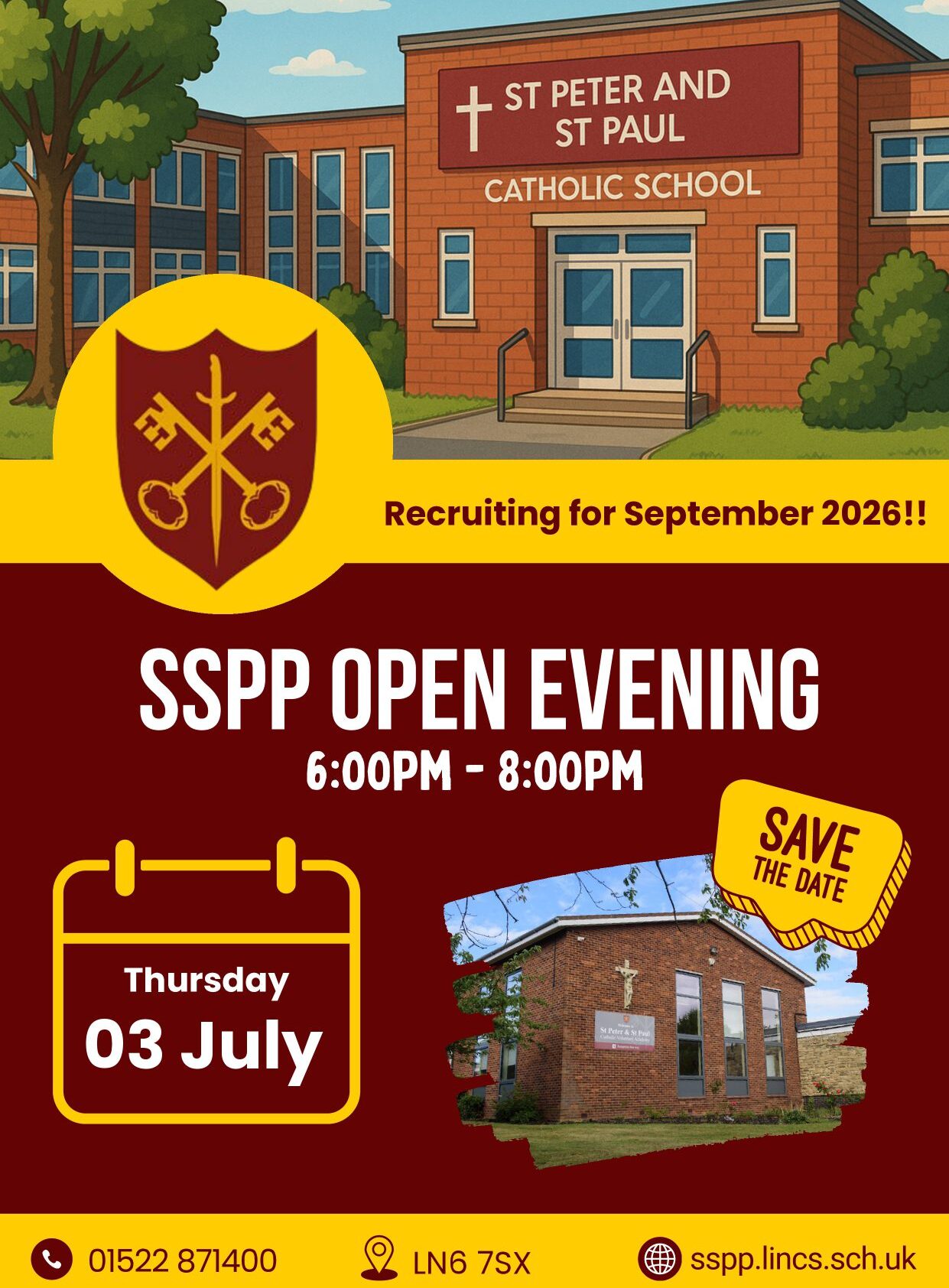UCAS

UCAS Application
Writing Your UCAS Statement
When you only have 47 lines / 4,000 characters to convince universities that you are the student that they will want to study on one of their courses, then you are going to have to think and plan what exactly you are going to write. So, right from the start, you need to get the basics right and ensure that you strike the right balance.
Universities want students who are going to ‘live and breathe’ their courses. So make sure that not only can you draw upon your Year 13 studies, but that you can demonstrate reading, research and additional activities outside of the ‘normal’ parameters of your Sixth Form courses.
- You need to get the balance right – about 75% of your personal statement should be on the academic aspects – the remaining 25% should be on other aspects about yourself. Whilst this may include your interests (avoid the word ‘hobbies’!) these also need to be linked to how they will make you an outstanding student in terms of character. If you have done charity work, play a musical instrument or have represented the school then make it clear how this has or will make you a better student on the course you have applied for – if it doesn’t, then leave it out.
- Whilst it is about ‘selling yourself’, make sure you focus on the positives but do not ‘big yourself up’ with statements you cannot support at a later point. Be enthusiastic but be careful not to overuse the ‘passion’ or ‘passionate’.
- Starting your personal statement is not always as easy as it sounds. Try to avoid phrases such as “I am currently studying …“, “For as long as I remember I have always been interested in …” or “Academically, ?I have always been very determined …” as these are some of the most overused phrases. Make your start interesting. Something that will grab their attention but not shock them or bore them!Some students use quotes at the start (or at some point in their personal statement). Be careful. If you’re going to use quotes then make sure you explain why they are relevant to your application – the quote needs to be critical to your statement. Do not just put them in. Universities want to know about you – not the person you’re quoting!
- Make it clear why you want to study the courses you have applied for. Remember that 5 universities are going to read your personal statement so if the university courses are similar (for example: History) then make sure you know what the course content is of each so that you do not talk about your love for studying ancient Egyptian history when 3 of the university courses start at 1700 CE. This will only irritate them or make it sound like you are not really interested in attending their specific university / course.If, of the 5 university courses you have applied for, there are 2 distinct areas of study (for example: you have applied to do Physics at 2 universities and History at the other 3 universities) then you are going to have to talk about why you want to study both without making one sound more important than the other. This is not easy to do, so you’ll need to consider your 5 choices of university courses very carefully.Say how your current studies relate to your chosen course and how your reading and research around your Year 13 courses has developed your thoughts, theories and analysis. What impact has any of this had? Tell them what you have learnt from it! Do not just produce lists of what you have done or books you have read!
- Do not, under any circumstances, try to be funny. Your sense of humour may not be shared by those that read your personal statement.
- Ensure that your personal statement is yours! Do not plagiarise anything from the internet or your fellow students! UCAS will find out. Their software is far more advanced than you realise.
And avoid exaggeration. There is always the risk that if you do this and get called for interview that you may be caught out when asked about some of your ‘claims’.






